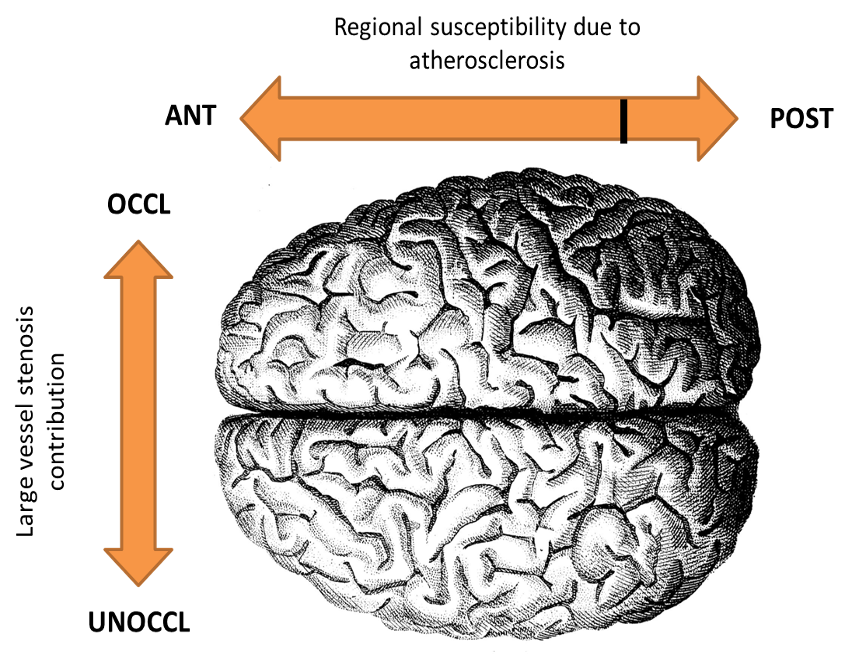You are here
Vascular Cognitive Impairment
Speakers
Abstract
Cognition is the underlying set of brain functions that allows us to communicate, to remember, and to make decisions, among other domains permitting us to negotiate in our world. Threats to cognitive health degrade quality of life as well as place burdens on caregivers and healthcare systems. With the projected growth of elderly members of society, more individuals are expected to experience cognitive decline, whether as mild cognitive impairment or frank dementia. As yet, there are no impactful treatments for Alzheimer’s disease, the most prevalent cause of cognitive decline, although cardiovascular risk-factor modification has shown to be of some benefit. New research has begun to suggest, however, that some forms of vascular cognitive impairment, the second most common cause of cognitive dysfunction, may be amenable to intervention, particularly when due to impaired cerebral blood flow. Recent work has demonstrated that low cerebral blood flow correlates with cognitive impairment even if it is in one hemisphere only. Of the many pathways to vascular cognitive impairment, hypoperfusion in a single hemisphere due to high grade carotid stenosis has been shown to cause cortical thinning and decrease in short term memory, executive function, and other cognitive deficits. The potential for reversibility of cognitive impairment by restoring blood flow through revascularization of a highly stenotic carotid artery is the subject of an ongoing, multicenter clinical trial.

Figure 3. Two-factor model for the effect of altered hemodynamics on cortical thinning. We hypothesize a general susceptibility to thinning from atherosclerosis in the anterior circulation plus a hemispheral effect of cortical thinning due to restricted flow from the high grade carotid stenosis.

